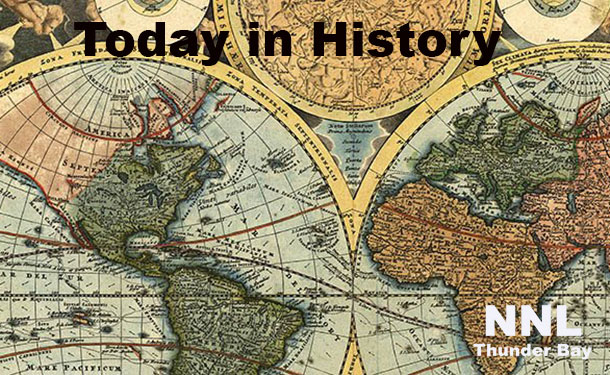THUNDER BAY – BUSINESS – Asset-based community planning frameworks demonstrate a collaborative model of a tourist information centre that could be beneficial for Francophone-majority communities in Northern Ontario.
The Northern Ontario Growth Plan for 2011 released by the Ministry of Infrastructure and Ministry of Northern Development, Mines, and Forestry highlights Francophone tourism as an opportunity for increased sector growth through “encouraging regions and communities to undertake cultural planning that identifies opportunities for promoting tourism, … building on the presence of a strong Francophone community to tap into French-speaking markets” (Ontario Ministry of Infrastructure et al, 2011). Therefore, the task of increasing Francophone tourism is being undertaken across Northern Ontario. Done right, this could open the tourist market — particularly in Northeastern Ontario and the Cochrane District — to French-speaking and Francophile markets that are otherwise hard to penetrate, which could be beneficial for both local businesses and organizations, as well as Northern Ontario francophone-majority communities in general.
Using the case-example of the Rendezvous de la Baie interpretive centre in the Acadian Shores, this commentary recommends the development of visitor and cultural centre partnerships or combined services that prioritize Franco-Ontarian cultural aspects for Francophone visitors to the region. The commentary also identifies how these centres create a source of identity creation leading to economic and social benefits for Francophone-majority communities.
Recommendations
Actors and municipalities participating in product development processes for Francophone tourism in Northern Ontario might wish to consider models that provide general structures for Tourist Information Centres (TICs) that could be adjusted to promote, support, and invigorate Francophone identity in communities that might not be taking advantage of this culture as an economic and social asset.
To read full report visit https://www.northernpolicy.ca/franco-tourism
Dites « Bonjour » au tourisme francophone
Le 25 avril 2019 – Les cadres de planification communautaires fondés sur les atouts démontrent qu’un modèle de collaboration de centre d’information touristique pourrait être bénéfique pour les collectivités majoritairement francophones du Nord ontarien.
Le Plan de croissance 2011 pour le Nord ontarien, rendu public par le ministère de l’Infrastructure et le ministère du Développement du Nord, des Mines et des Forêts, souligne que le tourisme francophone constitue une occasion de croissance sectorielle permettant d’« inciter les régions et communautés à faire de la planification culturelle […] en comptant sur la présence d’une communauté francophone bien établie afin de percer les marchés francophones » (Ministère de l’Infrastructure de l’Ontario et coll. 2011). Par conséquent, la tâche d’accroître le tourisme francophone est amorcée dans le Nord ontarien.Bien exécutée, elle pourrait ouvrir le marché du tourisme – en particulier dans le Nord-Ouest ontarien et le district de Cochrane – aux marchés francophones et aux francophiles qui, autrement, sont difficiles à pénétrer, ce qui bénéficierait à la fois aux entreprises et aux organismes locaux, ainsi qu’aux collectivités majoritairement francophones du Nord ontarien en général.
À l’aide du cas exemplaire du centre d’interprétation du Rendez- vous de la Baie d’Acadian Shores, cet article recommande de mettre sur pied des partenariats de centres de visiteurs et culturels ou bien des services combinés, qui accordent la priorité aux aspects de la culture franco-ontarienne pour les visiteurs francophones de la région. Le document indique aussi comment ces centres sont une source de création d’identité et qui produit des avantages économiques et sociaux pour les collectivités majoritairement francophones.
Recommandations
Les acteurs et municipalités participant au processus de développement des produits pour le tourisme francophone dans le Nord ontarien pourraient vouloir se pencher sur les modèles fournissant des structures générales aux centres d’information touristiques (CIT), qui puissent s’adapter pour promouvoir, soutenir et revigorer l’identité francophone dans des collectivités qui pourraient ne pas tirer avantage de cette culture, en tant qu’atout économique et social.
Pour lire le rapport complet, visitez https://www.northernpolicy.ca/tourisme-francophone







